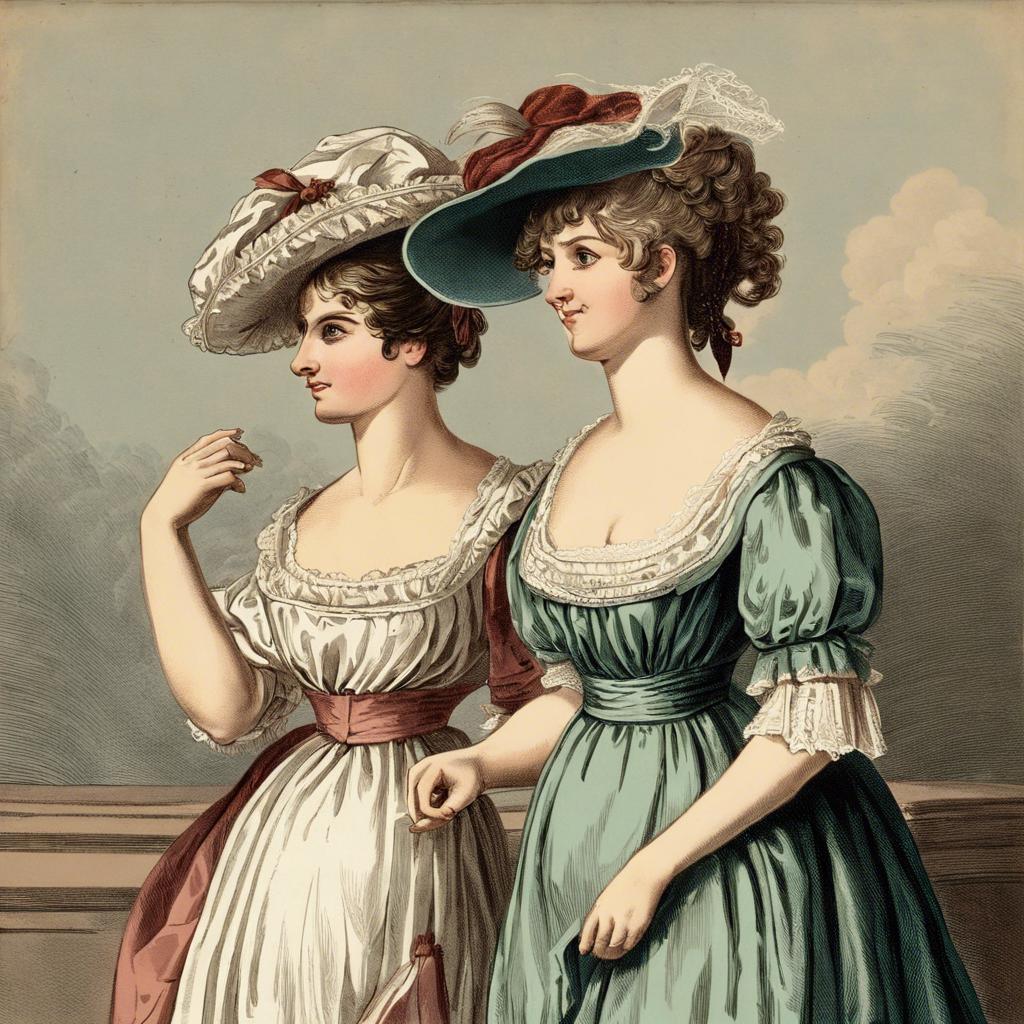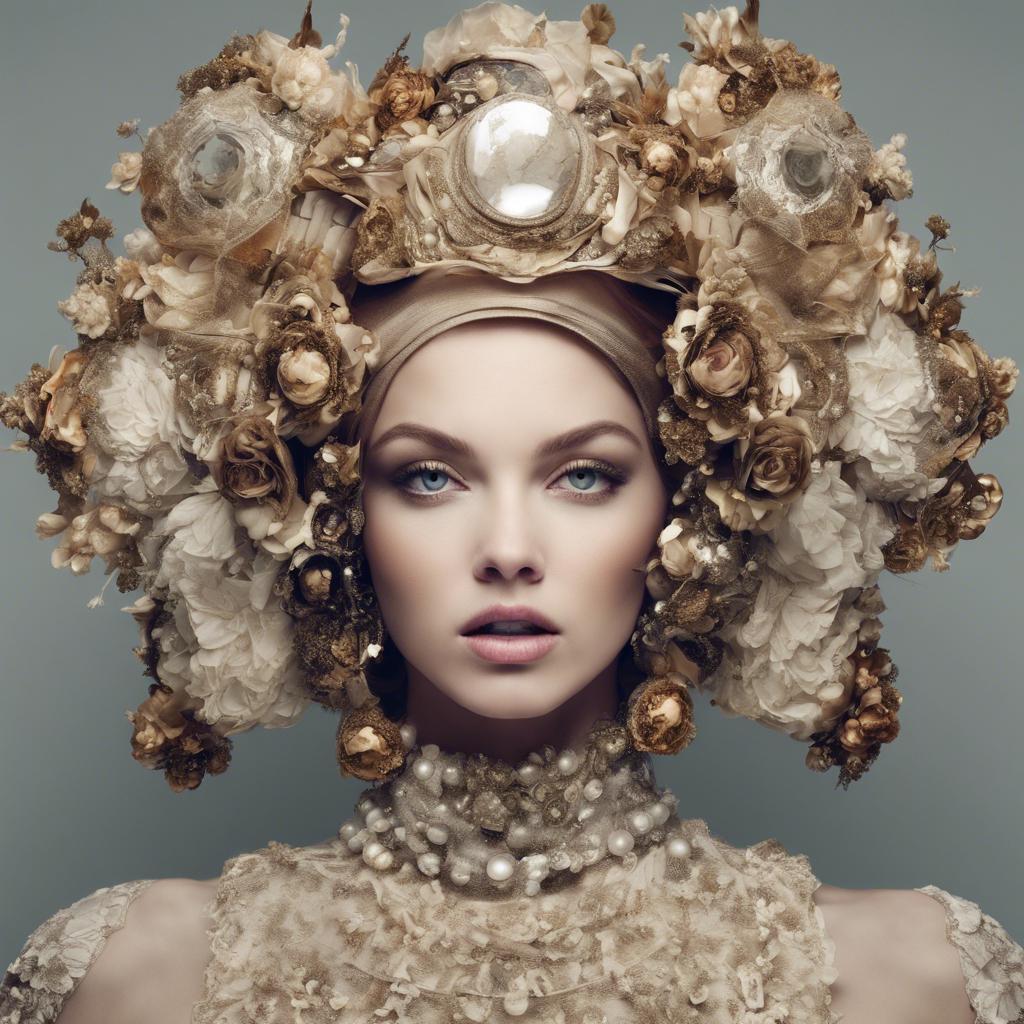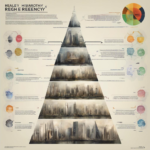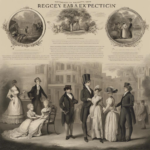The Regency era, spanning from 1811 to 1820, was a time of elegance and refinement in fashion for women. This period, marked by the reign of King George IV in England, saw a shift in clothing styles that emphasized simplicity, grace, and sophistication. From the regency era court dress”>high-waisted gowns to the intricate accessories, Regency era fashion for females reflected the societal norms and cultural influences of the time. Let us delve into the intricacies of Regency era fashion and explore how women’s clothing during this period became a symbol of class and status.
Step Into the World of Cheryl Bolen
Dive into the enchanting stories of love, intrigue, and elegance set in the Regency Era. Cheryl Bolen's novels offer timeless romance and captivating tales that will leave you wanting more.
Explore Cheryl Bolen's Books Now
Introduction to Regency Era Fashion for Women
In the early 19th century, the Regency era brought about a shift in fashion for women that was characterized by simplicity, elegance, and grace. Women during this period embraced a more natural silhouette, moving away from the heavily structured and restrictive garments of the preceding Georgian era.
Key features of Regency era fashion for women included:
- High waistlines: Dresses were typically high-waisted, with the waistline just below the bust, creating a flattering empire silhouette.
- Lightweight fabrics: Women wore delicate fabrics such as muslin, silk, and fine cotton, which draped beautifully and enhanced the feminine form.
- Short sleeves: Dresses often featured short sleeves or were worn with sheer, puffed sleeves to showcase the arms and shoulders.
Accessories played a crucial role in completing a Regency-era ensemble, with popular choices including:
- Spencer jackets: Short, fitted jackets that added warmth and style to a woman’s outfit.
- Reticules: Small, drawstring purses that were carried by women to hold essentials like handkerchiefs and coins.
- Bonnets: Wide-brimmed hats adorned with ribbons, feathers, and flowers, which protected the face from the sun and added a touch of elegance to any look.
Key Elements of Regency Era Womens Clothing
The Regency Era was a time of elegance and sophistication in women’s fashion, with certain key elements setting the trend for the period. One of the most notable features of Regency Era women’s clothing was the high-waisted silhouette, which became a defining characteristic of the era’s style. This empire waistline accentuated the natural waist, creating a feminine and graceful look.
In addition to the high waistline, Regency Era women’s clothing often featured delicate fabrics such as muslin, silk, and fine cotton. These lightweight materials were ideal for creating the flowing, draped silhouettes that were popular during the period. Women’s dresses were typically floor-length and made with a simple, elegant design that emphasized soft lines and minimal decoration.
Another key element of Regency Era women’s clothing was the use of empire sleeves, which were short and puffed at the shoulder, adding to the overall delicate and feminine aesthetic. Accessories such as gloves, shawls, and bonnets were also essential to completing the look, with delicate lace and ribbon details adding a touch of daintiness to the ensemble. Regency Era women’s clothing was characterized by its simplicity, elegance, and emphasis on natural beauty.
Fashionable Accessories for Regency Era Women
During the Regency Era, women adorned themselves with a variety of fashionable accessories to complement their elegant attire. From delicate gloves to intricate hair accessories, every detail was meticulously chosen to enhance their overall look.
One popular accessory for Regency Era women was the reticule, a small drawstring purse that was essential for carrying essentials such as fans, handkerchiefs, and calling cards. These reticules came in a variety of styles and fabrics, often embellished with embroidery or beading to add a touch of glamour to any outfit.
Another must-have accessory for women during this period was the bonnet. Bonnets were not only fashionable but also practical, providing protection from the sun while completing the overall look. These bonnets were often adorned with ribbons, feathers, and flowers to add a touch of whimsy to the wearer’s ensemble.
Tips for Recreating a Regency Era Inspired Look
To recreate a Regency Era inspired look, start by focusing on the signature empire silhouette that was popular during this time period. This style features high waistlines that sit just below the bust, creating a long and elegant flowing skirt. Look for dresses or tops with empire waistlines to capture the essence of Regency fashion.
Another key element of Regency era fashion is the use of delicate fabrics such as muslin, silk, and lace. Opt for pieces made from these materials to truly embody the style of the early 19th century. Soft pastel colors were also popular during this time, so consider choosing dresses or accessories in shades like pale pink, lavender, or baby blue.
Accessories play a crucial role in completing a Regency era look. Consider adding a bonnet or a delicate parasol to your outfit for an authentic touch. Gloves, ribbons, and delicate jewelry such as pearls or cameos can also enhance your ensemble. Don’t forget to style your hair in a classic Regency era updo, such as a neat bun or soft curls framing your face. By paying attention to these details, you can easily recreate a feminine and elegant Regency era inspired look.
In Conclusion
the fashion of the Regency Era for females was characterized by its elegance, simplicity, and refinement. From the classical lines of the empire silhouette to the delicate fabrics and intricate embellishments, women’s fashion during this period reflected the societal and cultural norms of the time. By understanding the clothing and accessories of the Regency Era, we gain insight into the lives and values of the people who lived during this fascinating period of history. As we continue to study and appreciate the fashion of the past, we can better understand and appreciate the evolving nature of style and society.


